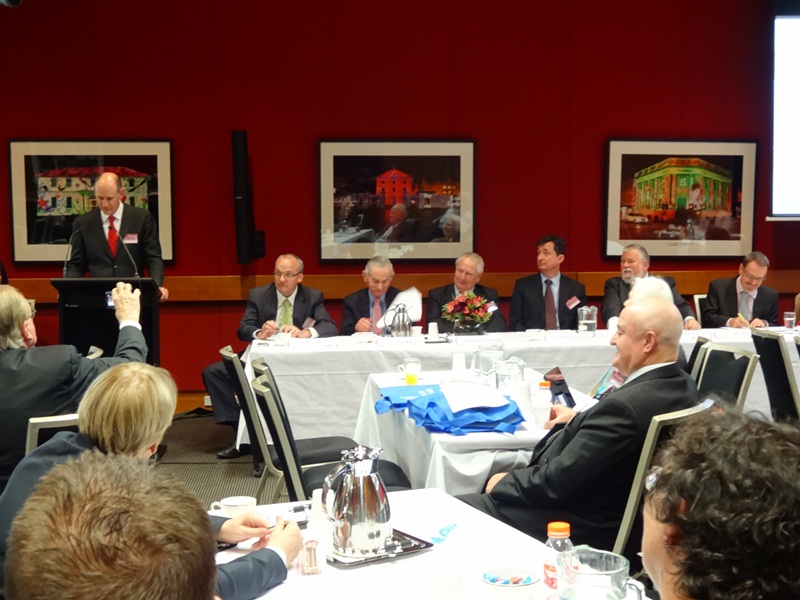Helen Barnacle was locked inside one of the deathtrap wooden dormitories at the old Fairlea women’s prison when she heard the sirens, smelt the smoke and saw the flames through the bars.

SolarWinds: How Russian spies hacked the Justice, State, Treasury, Energy and Commerce Departments
60 Minutes: “President Biden inherited a lot of intractable problems, but perhaps none is as disruptive as the cyber war between the United States and Russia simmering largely under the radar. Last March, with the coronavirus spreading uncontrollably across the United States, Russian cyber soldiers released their own contagion by sabotaging a tiny piece of computer code buried in a popular piece of software called “SolarWinds.” The hidden virus spread to 18,000 government and private computer networks by way of one of those software updates we all take for granted. The attack was unprecedented in audacity and scope. Russian spies went rummaging through the digital files of the U.S. departments of Justice, State, Treasury, Energy, and Commerce and for nine months had unfettered access to top-level communications, court documents, even nuclear secrets. And by all accounts, it’s still going on…”
The New Yorker, When Your Law-School Homework Is Stranger Than Fiction:
Law professors love hypotheticals, the more specific the better. Legal niceties are often arcane (read: boring); enlivening the arcana with fictional scenarios can help students grasp the material (read: stay awake). If a tree falls in the forest and squashes the last living red panda, who’s liable? Under Article II of the Constitution, would Meghan Markle be eligible to run for President? “A good hypothetical is one that’s theoretically plausible but almost certainly would never happen,” RonNell Andersen Jones, a law professor at the University of Utah, said recently. For a decade and a half, Jones, a former clerk for Sandra Day O’Connor, has taught a seminar on the First Amendment, focusing on dilemmas that have been either created or exacerbated by new forms of media. Most years, she has prompted class discussions with one or both of the following hypotheticals: “Imagine that a major social network bans a powerful political speaker, such as a sitting President” and, to illustrate the thin line between free speech and incitement of violence, “Let’s say a crowd gathers outside the White House or the Capitol, riled up and maybe armed, and someone gets up in front of the crowd and shouts, ‘Let’s go in and hang ’em right now!’ ” She continued, “Among the many challenges of living through this era, one of the surreal challenges of being a legal educator is that you have to keep rewriting your lectures. Every time I turn on the news, almost, I have to go back to my notes and delete ‘Imagine, if you will. . . . ’ ”
Session 4 panel (left to right): MC Mr David Blunt, panel chair Hon Luke Foley MLC, Hon Ron Dyer, Hon John Hannaford, Assoc Professor Rodney Smith, Hon Robert Brown MLC, and Dr John Kaye, MLC.
